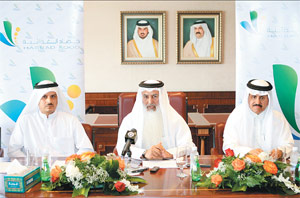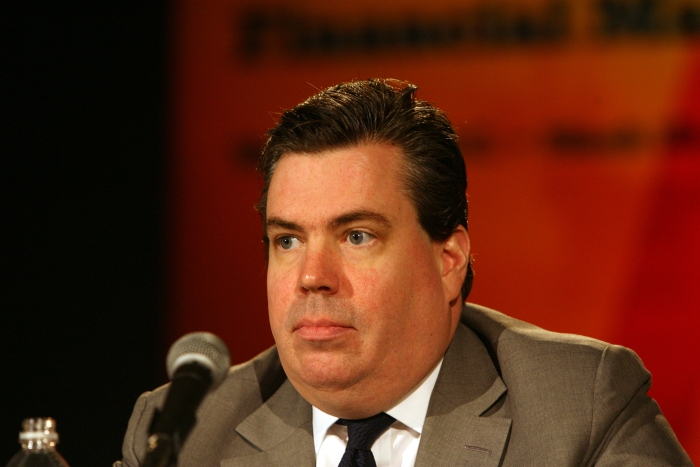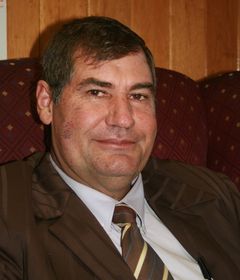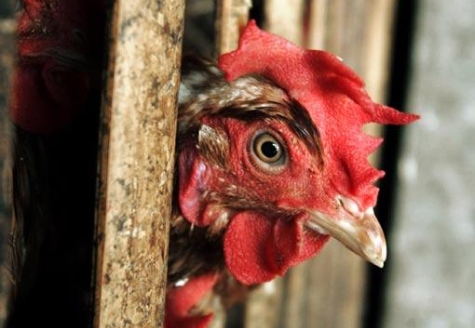Eni's new energy projects threaten Congo Rainforest
- BankTrack
- 09 November 2009
ENI plans to develop 70,000 ha of palm oil in Congo

ENI plans to develop 70,000 ha of palm oil in Congo

Earlier this year, delegates to the annual session of China’s parliament debated a proposal to seek employment for up to 100 million Chinese in various African countries to solve two of China’s greatest challenges—food security and unemployment.

De Jager is worried about Libya’s record in enforcing contracts with foreign companies, and the lack of social support networks. “There’s a lot of money to be made for someone with balls,” he says.

Commodity experts such as Goldman Sachs's Currie believe that land-grabbing is a good thing. He argues it will lead to more investment in agriculture. But others worry that the phenomenon will see farmers thrown off their land as more powerful forces move in.

Saudi Arabia plans to phase out production of water intensive crops such as wheat, soybeans and animal fodder. "It would be best to grow these kinds of crops outside Saudi Arabia," says the kingdom's water and electricity minister.

Sime Darby Bhd, which owns 220,000ha of oil palm estates in Liberia, plans to strengthen its presence on the African continent and is eyeing more land in Cameroon, Congo and South Africa. The expansion is part of a long-term strategy to double planted areas to one million hectares and be nearer to the growing markets of Europe and the US.

One must ask if arrangements such as those promoted by Hassad Foods of Qatar are really that much better.

More than 50 heads of state will gather for a summit later this month to look at ways of policing the extraordinary "land grab" that has seen richer countries buy up at least 20m ha of farmland in Africa in the last 18 months.

The global food crisis has prompted various rich countries to start buying up land in the poorer world to secure their food supplies. As well as affecting domestic food supplies in the countries affected, Sue Branford says it could be a time bomb for the world’s ability to cope with climate change

Botswana's Minister of Agriculture says that his mission is to bring in successful foreign investors to lease or buy some of Botswanas most productive farmland in order to put it to better use.

The firm also aims to conclude as many as six deals by year end, including in Latin America and is scouting Africa to set up joint ventures or buy firms to develop land.
Ethiopia plans to offer 3 million hectares of land over the next two years for investors to develop large-scale commercial farms, a government official said on Thursday.